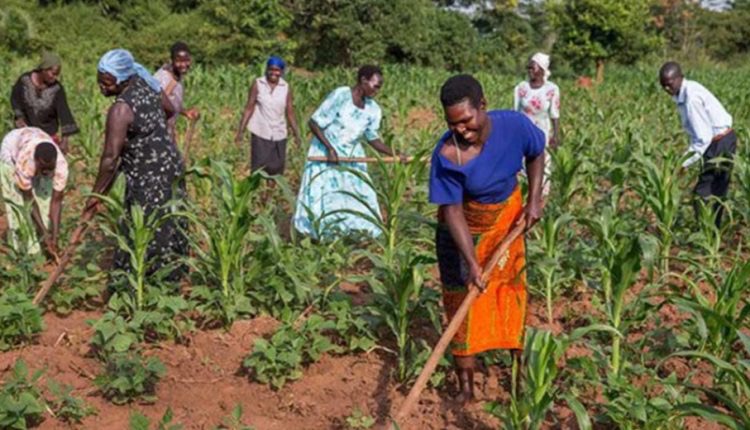Read in
The Federal Government has been urged to ensure that the next budget cycle and subsequent ones are gender sensitive and responsive.
They also said government should provide line items for the implementation of National Gender Policy in Agriculture that addresses specific challenges affecting women farmers different from men.
The advocates, who warned government against lumping up budget for women farmers and other groups such as youths, said as the Federal Ministry of Agriculture and Rural Development (FMARD) has committed to strengthening access to credit for smallholder women farmers, state ministries of agriculture should create a yearly budget line to strengthen access to credit.
Stakeholders in the sector, who made the appeal during the National Stakeholders Consultative Meeting on the 2024 Agriculture Budget, held in Lagos, said the funding should focus on getting consultants or consultancy firms to support women, youth and farmers living with disability cooperatives to navigate the too cumbersome access to credit in the country.
“The team or consultancy firm will handhold the cooperatives to access existing Central Bank of Nigeria (CBN) agricultural credit facilities through preparing business proposals, interfacing and negotiating with the Bank of Agriculture (BoA), Bank of Industry (BoI), Nigeria Incentive-Based Risk Sharing System For Agricultural Lending (NIRSAL), commercial cooperatives access, such as credit facilities and other services as extension, insurance and others and even market access and they are able to pay back at the end of each cycle.
“The proposed National Agricultural Growth Scheme and Agro Pocket (NAGSAP) should be well funded and executed to address the inputs gaps experienced by smallholder farmers, especially women.”
The stakeholders regretted that the data collected through the Non-State Actors (NSAs) Value Addition Biennial Review Toolkit (VABKIT), reflected the realities of smallholder women farmers across the 36 states and the Federal Capital Territory, showing that nationwide, smallholder women currently have only 26 per cent access to processing facilities; 18 per cent to storage facilities; 21 per cent access to off takers/access to markets and 10 per cent to transportation for agricultural produce.
“Thirty nine per cent to post-harvest loss reduction training; on extension services, smallholder women farmers have access to only 49 per cent farm demonstrations and 26 per cent farmers field schools;15 per cent access to trainings on agricultural advisory services. On agricultural credit, they have access to less than 23 per cent of existing formal credit facilities; 30 per cent access to financial services.
“On agricultural insurance, smallholder women farmers have only two per cent access. On access to and control over land, about 60 per cent of them have access to land; 30 per cent have control, while only 10 per cent are engaged in land governance discussions.”
The stakeholders noted that while government is making effort to improve the space for more Public Private Partnerships arrangements in the country’s agric sector, smallholder women farmers’ access to such schemes across the country remains below 31 per cent.
TheGuardian / Foluke Ibitomi



